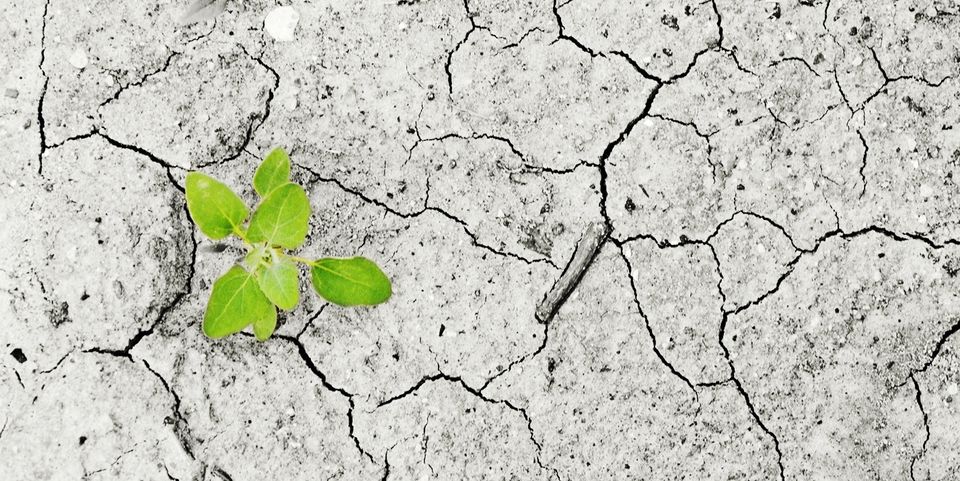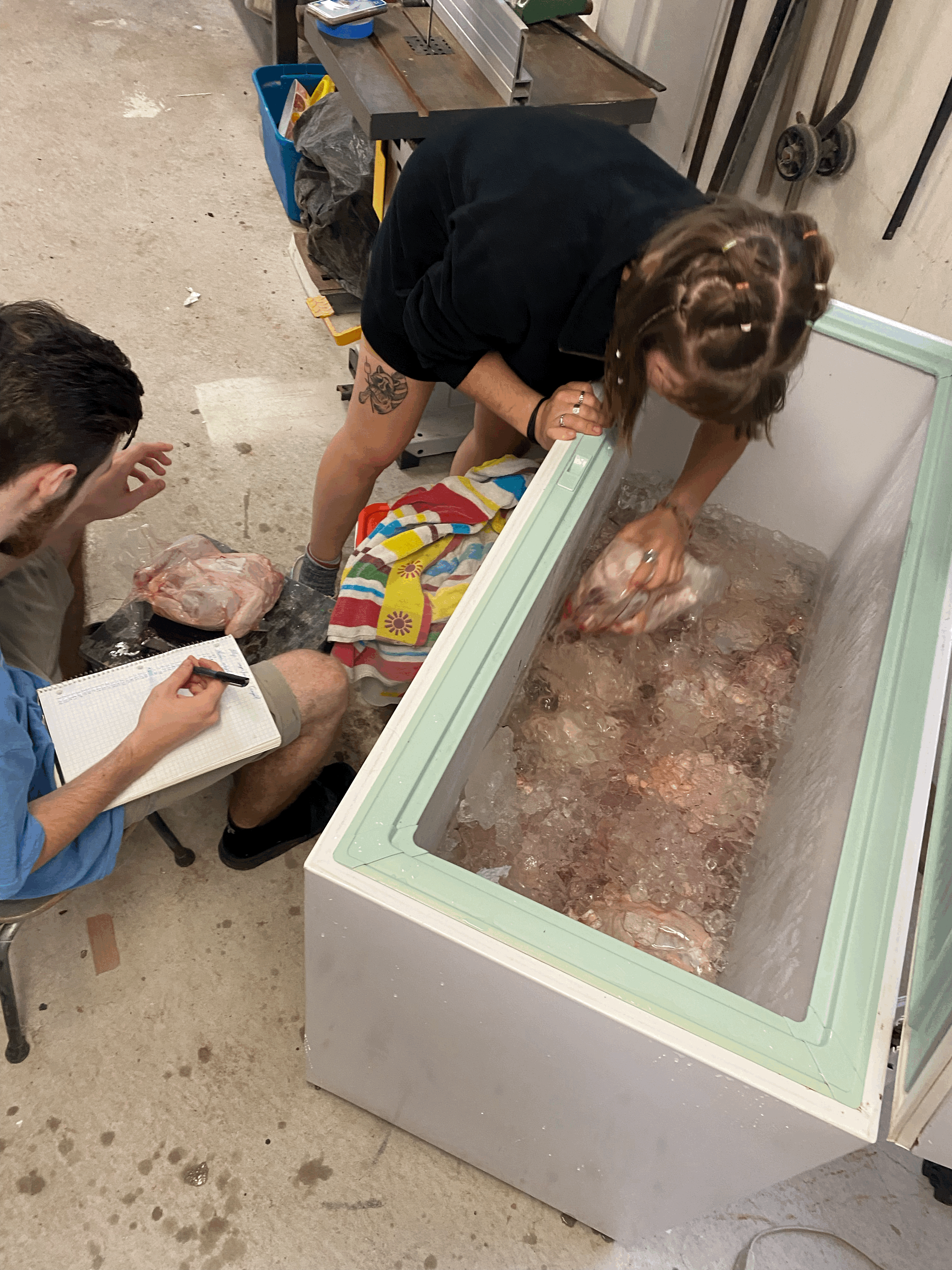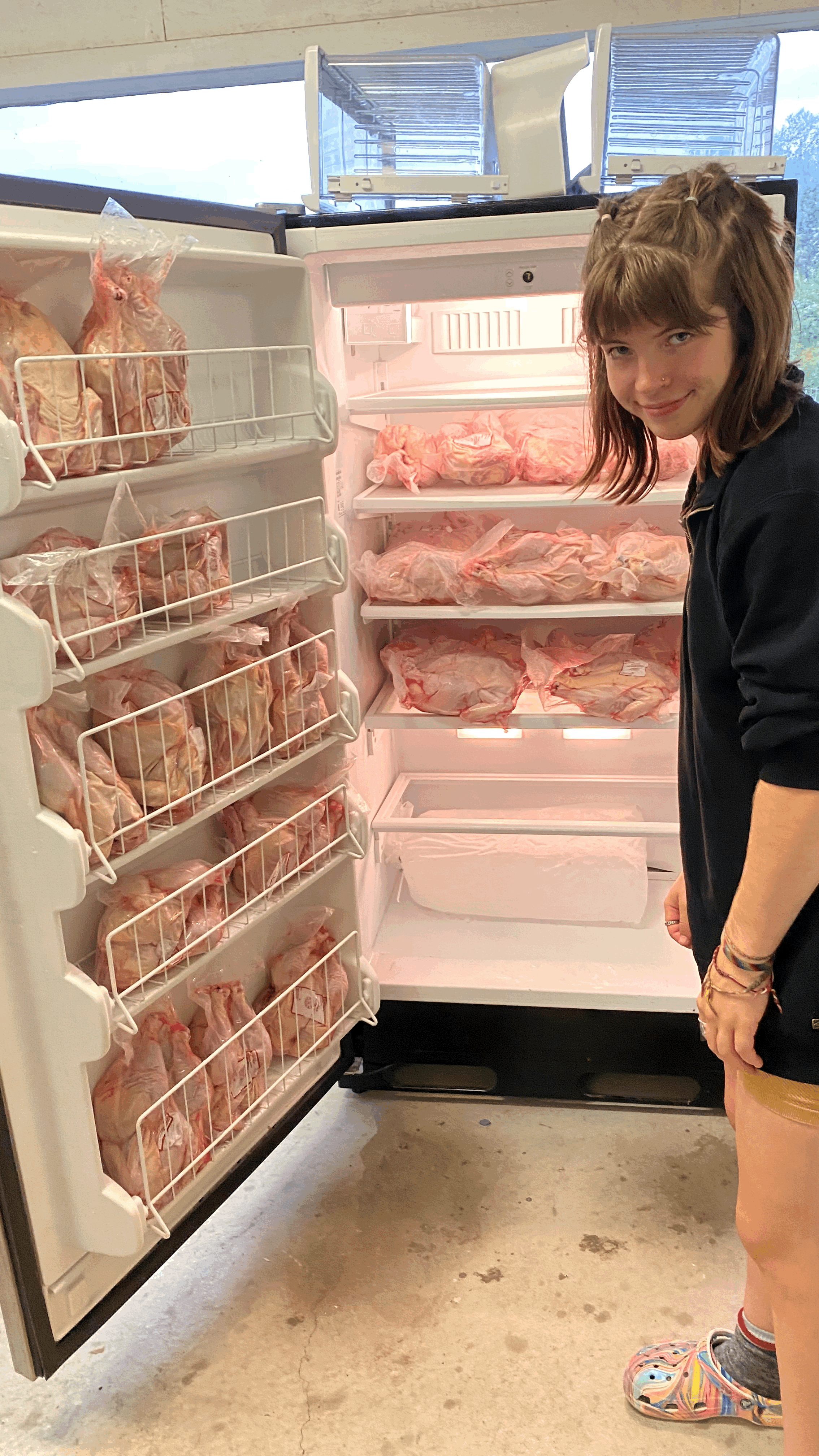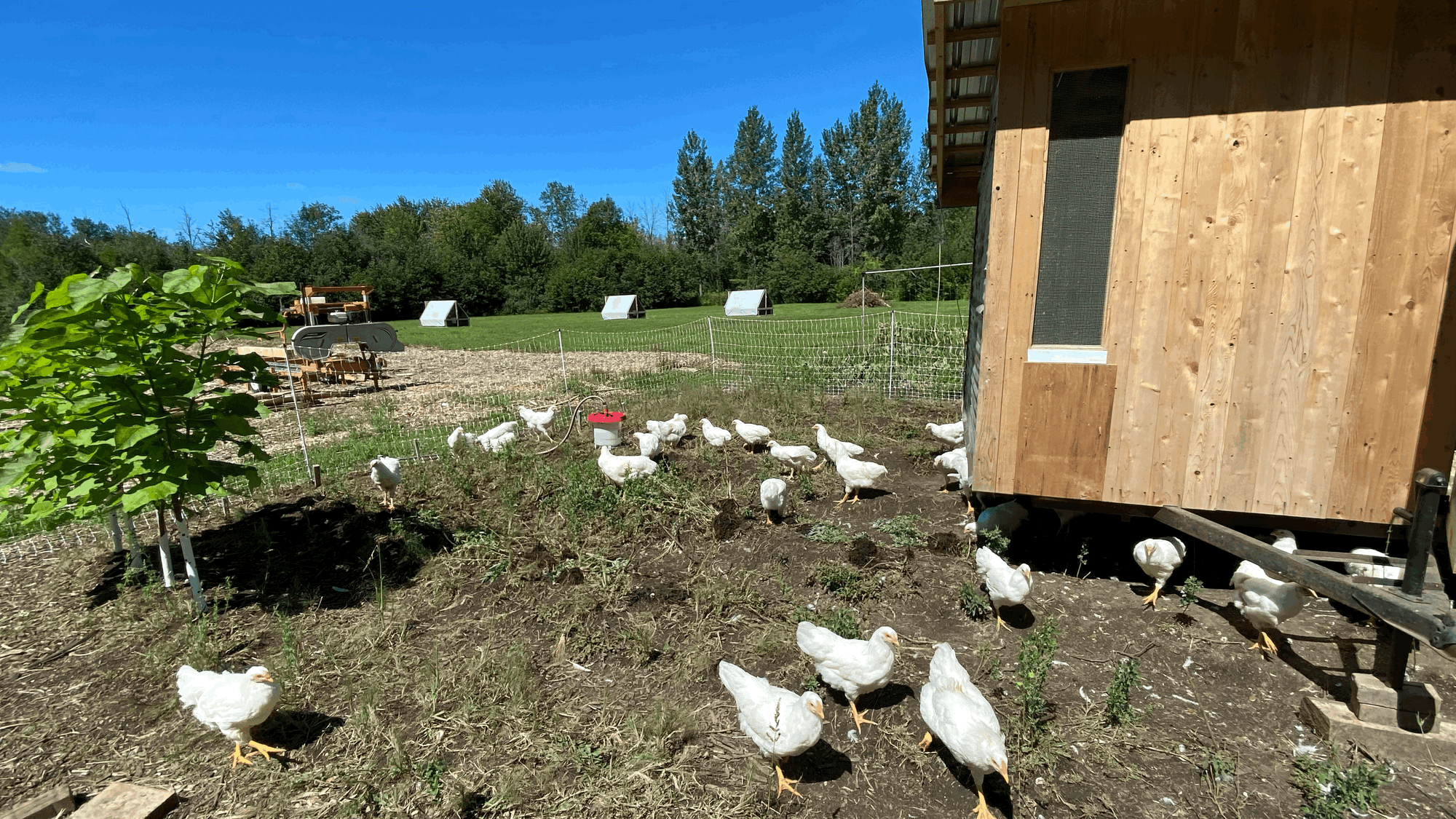The Heroine and the Jester

CBC recently published a story about Melissa Werkema and her small test lab, Future Analytics, in Red Deer, Alberta. Melissa is turning heads among farming communities.

I had the pleasure of speaking with Melissa, after first posting a version of this short story a few weeks ago. I reached out to Melissa to ask if what I'd written was aligned with her view of her work. You might think that it doesn't really matter, since the number of people who will read this post is approximately the cube root of 64,000. You'd probably be right :-).
But happily, Melissa responded, because there was a nuance that was important to her that I'd missed.
Broad issues like climate change might be important to Melissa (I didn't ask) but they definitely do not distract from the raisons d'être of her business. If there are broader benefits, great. But that isn't what her business is about. I didn't record our conversation, but to paraphrase Melissa:
I spent time in Israel, where soil sciences that support farmers is years ahead. I came back with that knowledge and started my business to help farmers manage their soils efficiently.
Melissa wants one thing to be very clear: her business is about helping farmers. Full stop.
There was also a tone of impatience with the discourse about things like climate change, where there is a lot of amplification by many who are not doing anything about it. An example might be German activists protesting the idea of Canadian natural gas imports and demanding, instead, renewable energy, without having a solution or practical way to acheive that to offer, that will keep German homes warm in winter without Russian oil and gas.
Having lived in Alberta for 15 years, earning my living managing environmental assessment projects for oil and gas clients, and raising my kids there, I understand the social dynamic. Demonizing those engaged in the fossil fuel industry while driving a gas-powered car and heating your home with natural gas doesn't go over well with your neighbours. Farmers are often caught in the crossfire of climate activism, especially around fertilizers, while working extremely hard for a modest living to create food for everyone.
If I were Melissa, I'd stay well clear of those conversations, too.
Talking with Melissa made me reflect on my own biases and behaviours, to re-write this short story, and to introduce a guy who packages a lot of wisdom into his funny schtick.
Quick Dick McDick
I'm a subscriber on YouTube to this farmer in Saskatchewan, whose videos are a mix of funny and intelligent, well-prepared, hilarious, rants. Quick Dick McDick is a prairie version of Rick Mercer, often with a viewpoint that counters my natural bias, which is important if you want to develop an objective perspective.
McDick's language is flowery at times, but make no mistake, he is brilliant, articulate, creative, and thorough. I recommend this video about the politics of fertilizer - it's exceptional.
Clearly, Quick Dick is not a fan of some politicians he calls out, but he speaks from his direct experience and explains why he's critical of policies. He makes compelling arguments and no matter what your political persuasion, this is quality discourse.
I'd wager that improvements from new techniques and knowledge, like Melissa's, will be happily adopted by Quick Dick, who would also be quick to thank Melissa and point out that this progress had nothing to do with a politician or a climate activist.
Getting back to soil
These are the words of Alberta farmer Craig Cameron of Peony Farms about his experience with the new techniques Melissa is using to add value to his farm (extracted from the CBC News article linked above):
"We're saving money and putting down significantly less fertilizer and still getting as good of yield as we were before. From my understanding, the plants are also what's feeding the microbiology in the soil. So the healthier the plants are, the healthier the microbes and stuff in the soil will be and the better able they'll be to kind of do their thing, sequester carbon, provide other benefits."
I reached out to Craig too, feeling a bit self-conscious of my tiny farming experience compared to his professional operation. Craig was super supportive, however, and restrospect about farming innovation. His advice was to not discount my value as someone trying things on a small scale, saying that his farm was on the edge of being too big to innovate easily. I appreciated that.
So, what next?
To me, this is all about participating in a positive discourse that improves our knowledge and empathy. That drives better decisions, even if it's merely how we vote or what we communicate to our leaders as important to us. However you participate, having empathy for all involved helps prevent the polarization we see happening in parts of the world.
Shots of Oak Creek Forest and Farm (August 2022)



Thanks for reading. Send me an email anytime. You can peruse other musings of this wannabe farmer from the homepage, or click on my picture, below.
